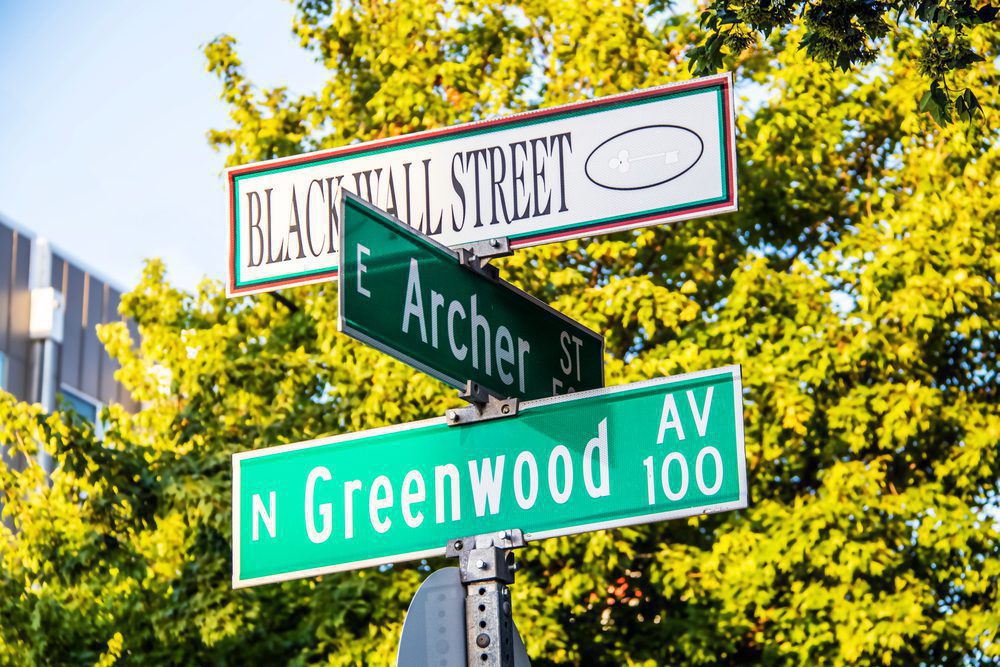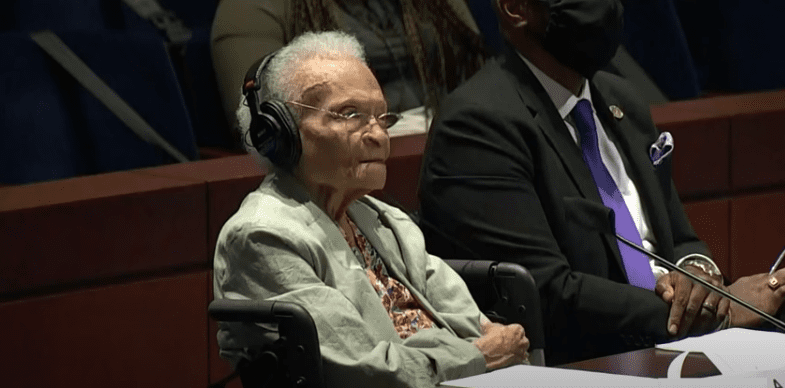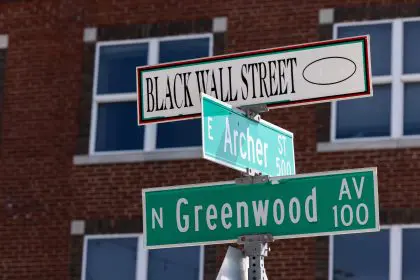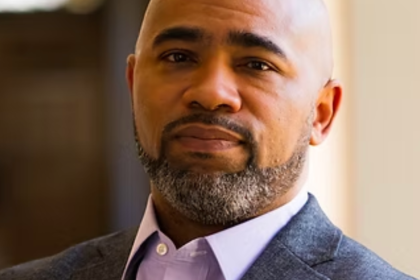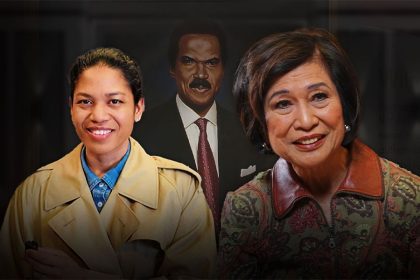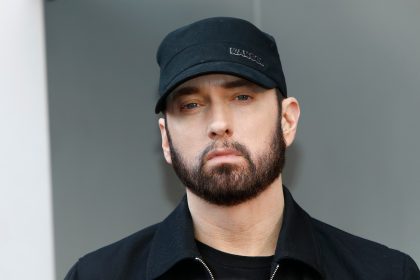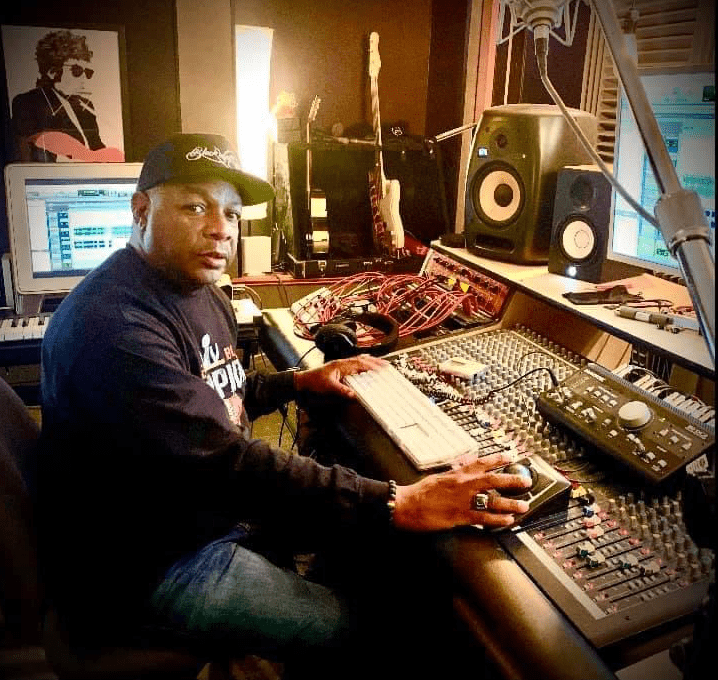
One hundred years ago, Tulsa, Oklahoma’s, Black community of Greenwood was decimated by a mob of Whites who destroyed what was known as “Black Wall Street.” History books ignored it. Many of the eyewitnesses to the rampage were killed or left the state. Descendants of the victims are coming to terms with the tragedy and one, Fred Jones, has co-produced an album, 1921: The Black Wall Street Music Project, that anticipates bringing hope and understanding to one of the dark stains on American history. His company, One Tulsa LLC, is on the front lines promoting diversity, inclusion, and ending systematic racism through its philanthropic endeavors.
How did you get involved?
I talked to one of my executive producers, Guy Troupe; he encouraged me to think about a different angle for the centennial, [and] with my music background it was a natural fit for me. I am the web administrator for The Oklahoma Eagle newspaper, I have access to historical data and documents.
Tell us about the project.
The album is 1921: The Black Wall Street Music Project, and many of the artists featured on the album are descendants of the victims of the Tulsa Massacre. The artists range from superstars to virtual unknowns who believe in the mission of One Tulsa. There have been four single releases since the centennial weekend. Some of the artists lending songs to the release are three-time Grammy nominee Taylor Hanson; singer Branjae; spoken word poets Kode Ransom, Jerica Wortham, and Sterling Matthews; blue-eyed soul man Dane Arnold from Dane & The Soup; Tulsa hip-hop pioneers Dangerous Rob and Playa 1000; newcomer JANNAH; 85-year-old jazz master Washington Rucker, and a posthumous premiere by bassist Wayman Tisdale.
Continue reading on the next page.


